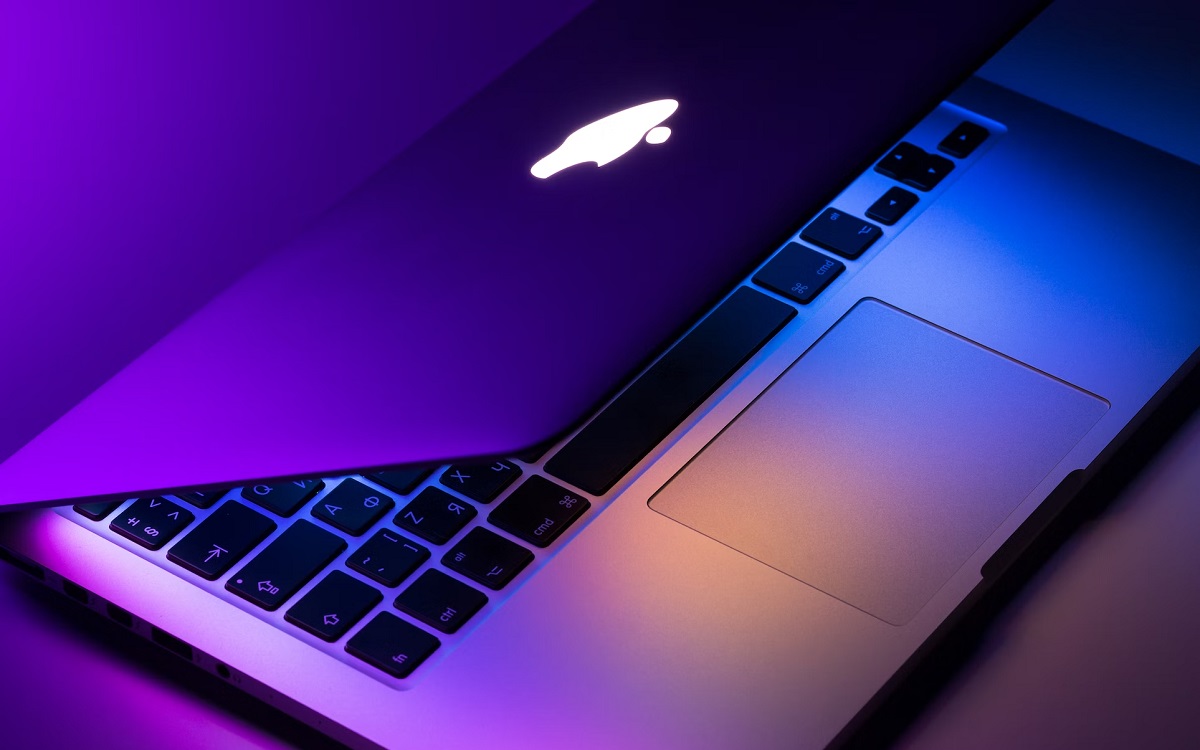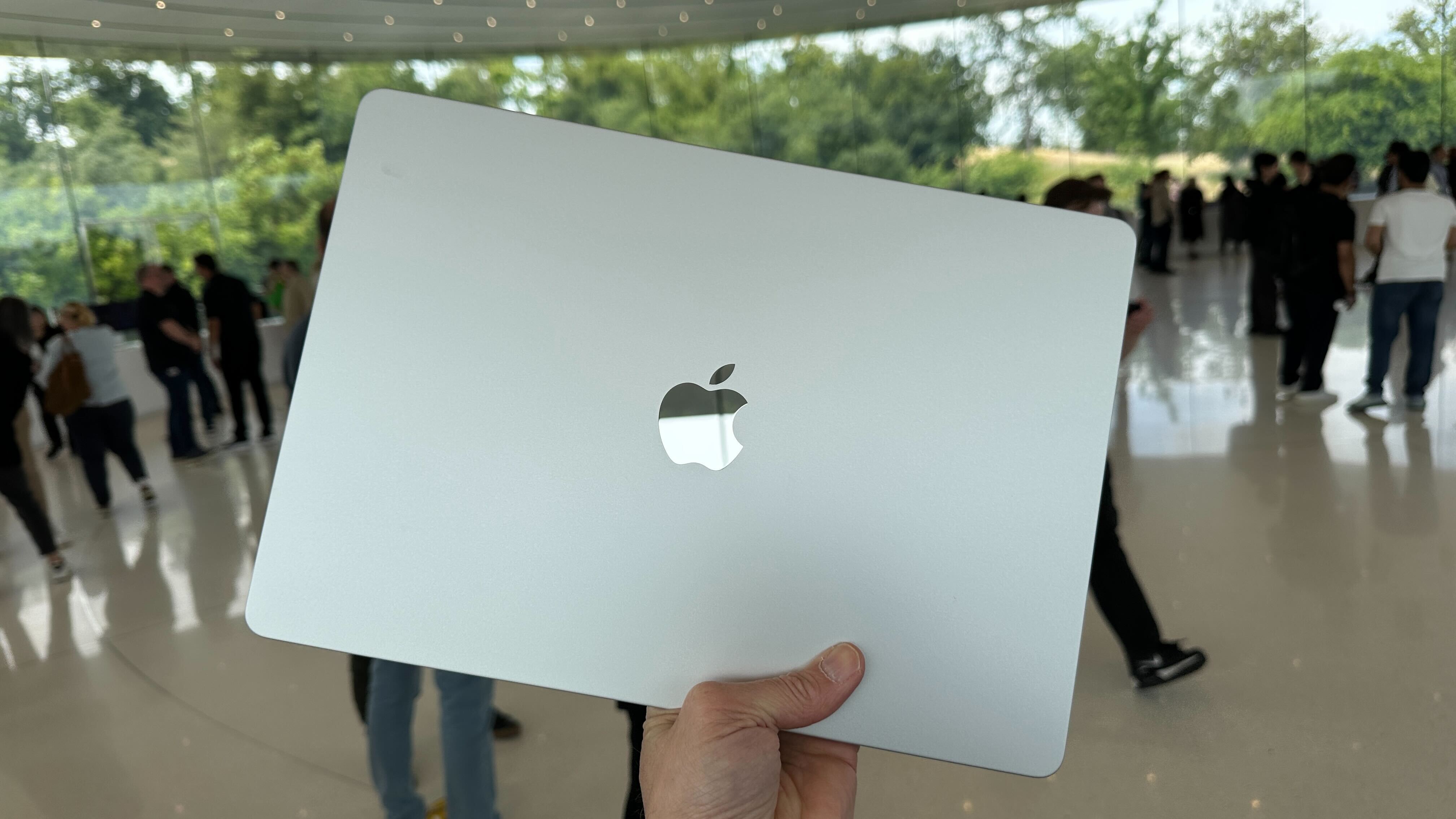Bought a MacBook on Cyber Monday and worried about the Atomic Stealer virus? Here's what you need to know
Mac attack

There have been a ton of great MacBook deals over the Black Friday and Cyber Monday, and you might have found yourself the happy owner of a brand-new Apple computer. While we don’t mean to burst your bubble, it’s not all rosy in the land of macOS, as a new malware variant has been discovered that explicitly targets Apple users (via Bleeping Computer). Luckily, there are things you can do to protect yourself.
The malware in question is the ominously named Atomic Stealer, which has been doing the rounds for a few months. But what’s new now is the way it’s being distributed.
Hackers have taken to hiding the malware behind a fake browser update page as part of a campaign dubbed ClearFake. In Safari, this masquerades as a legitimate update from Apple, when in reality the page is hosted by bad actors intent on stealing your data.
Once downloaded, the malicious app searches your Mac for as much sensitive data as it can find, including usernames and passwords, credit card info, cryptocurrency wallets, cookies, local files and more. With so much at stake, you really don’t want to fall for this trick, especially if you’ve only just upgraded to a new computer thanks to a great Cyber Monday deal.
What can you do to stay safe?

Luckily, there are ways to protect yourself from this malware and ensure your important data stays out of the clutches of hackers and digital malcontents.
The first thing is to always make sure you update your software through official channels. That means going to the Settings app and selecting General > Software Update. You can also download updates directly from Apple’s App Store. If you use the Safari web browser, it’s included in macOS updates downloaded from the Settings app. If you use a different browser, you’ll normally find the update in the app’s settings or about pages.
The second thing you can do is install one of the best antivirus apps for Mac that can protect you from viruses and other online nasties. Apple has plenty of built-in protection that stops malware accessing certain parts of your Mac, but it doesn’t cover everything. A fast, lightweight antivirus with a strong detection rate (such as one that can spot Atomic Stealer) can go hand-in-hand with what Apple offers.
Sign up to the TechRadar Pro newsletter to get all the top news, opinion, features and guidance your business needs to succeed!
And the last thing to do is to simply keep your wits about you. It’s highly unlikely that you’ll get a legitimate software update when browsing a website (as opposed to checking for updates in the Settings app). If you’re unsure about something you’re being prompted to download, ignore it and leave the website. Do all of the above and you’ll keep your data safe, and you shiny new Mac in good working order.
You might also like

Alex Blake has been fooling around with computers since the early 1990s, and since that time he's learned a thing or two about tech. No more than two things, though. That's all his brain can hold. As well as TechRadar, Alex writes for iMore, Digital Trends and Creative Bloq, among others. He was previously commissioning editor at MacFormat magazine. That means he mostly covers the world of Apple and its latest products, but also Windows, computer peripherals, mobile apps, and much more beyond. When not writing, you can find him hiking the English countryside and gaming on his PC.